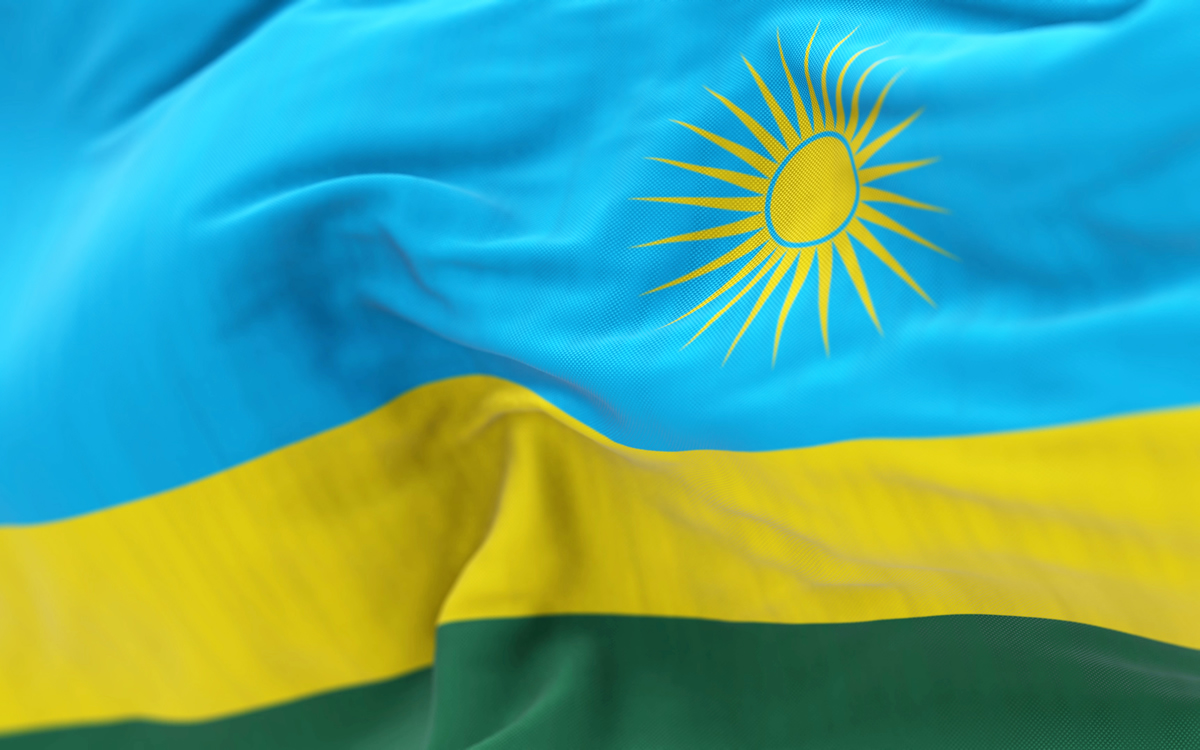Rwanda
Rwandan surrogacy law excludes same-sex couples
MPs passed bill on Aug. 4

Same-sex couples in Rwanda seeking to become parents via surrogate or in vitro fertilization have been excluded under a new bill that MPs passed.
The Healthcare Services Bill that passed on Aug. 4 would also allow access to contraceptives for 15-year-olds to tackle rising teenage pregnancy. The legal age was previously 18.
The move to bar same-sex couples from using a surrogate or in vitro fertilization to become parents derives from amendments to the bill’s assisted reproductive technologies provisions that clarify who qualifies for the services.
The Parliamentary Committee on Social Affairs, chaired by Veneranda Uwamariya, which established the original bill failed to clearly state who should access ART services, informed the amendments.
The passed law, which President Paul Kagame must sign before enforcement, defines ART, including surrogacy, as a third-party reproductive arrangement where a surrogate mother carries and delivers a child for another person or couple with problems of fertility and conception.
“After discussions and consultations with government representatives, committee members agreed that ART services should be available not only to married couples but also to other individuals who are unable to conceive naturally, provided that a medical doctor confirms the condition,” Uwamariya stated.
It noted that while the original bill said ART services were for couples with difficulties in conceiving, it similarly contradicted itself in another provision, limiting the services to healthcare service users who are unable to conceive naturally.
The bill’s Article 69 also restricted access to ART services to couples with infertility or individuals preserving their fertility, while Article 73 restricted gamete or embryo donations to a maximum of three couples.
The law requires the government to set up an oversight committee appointed by the Health Ministry to monitor the offering of ART services to ensure full compliance with ethical standards — protecting patients, safeguarding the rights of surrogates, and building trust in the advanced medical reproductive technologies. The age limit for surrogates is between 21 and 40 years.
Rwandan law does not criminalize homosexuality.
The government considers same-sex relationships as a “private matter,” and it has ratified international laws that protect LGBTQ rights amid homophobic discrimination and stigma from the largely conservative population.
Despite the government’s protection of queer rights, the Rwandan constitution only recognizes marriage between persons of opposite sex. The new surrogacy measures lock out same-sex couples from parenthood.
During the parliamentary committee discussions with the Health Minister Yvan Butera, some legislators, such as Gloriose Mukamwiza, demanded access to surrogacy services permitted to any individual wanting children, regardless of their infertility, due to societal factors like personal choice.
“In general, regarding assisted reproductive technology, what we are saying is that anyone who has a biological issue that does not allow them to conceive naturally is going to be allowed to benefit from services offered,” Butera insisted in a response.
He further noted infertility is not limited to natural conditions for individuals to access ART services, but it also applies to those affected by medical treatments like chemotherapy, which affects fertility in both men and women.
Butera’s stand limiting surrogacy only to individuals with biological infertility and not by choice, which would have also benefited same-sex couples, is based on the bill’s provisions that prohibit commercializing surrogacy and other ART services in the country. This exclusion has, however, sparked debate among some Rwandans, particularly on social media, concerning fairness, discrimination, and the need for the law to reflect changing family structures and parenting dynamics in the current world.
The provisions were informed by concerns from some parliamentarians and healthcare rights bodies who demanded loopholes that would turn surrogacy services into a gateway for mere business practices and exploitation of poor young women, as in some developed countries, be sealed in the bill.
A September 2020 Superior Court ruling in favor of a couple who, for several months, pursued legal approval to have a child via surrogate after their attempts to have children naturally and through in vitro fertilization failed prompted Rwandan MPs to enact its first surrogacy law.
The ruling had overturned a lower court’s decision that blocked the couple from getting a child from a willing surrogate mother after doctors demanded legal approval before proceeding with medical procedures. The lower court, while blocking the procedure, held the law only recognized procreation between a man and a woman or with assistance, but not between two families as requested by the petitioners.
By enacting the surrogacy law that blocks same-sex couples from parenthood, Rwanda joins two neighboring countries, Kenya and Uganda, which have a similar measure dubbed the “Assisted Reproductive Technology Bill” but whose legislation is still pending before their respective parliamentary health committees for stakeholder input.

-

 New York5 days ago
New York5 days agoPride flag raised at Stonewall after National Park Service took it down
-

 Opinions5 days ago
Opinions5 days agoUnconventional love: Or, fuck it, let’s choose each other again
-

 National4 days ago
National4 days agoFour bisexual women on stereotypes, erasure, representation, and joy
-

 Theater4 days ago
Theater4 days agoMagic is happening for Round House’s out stage manager



















